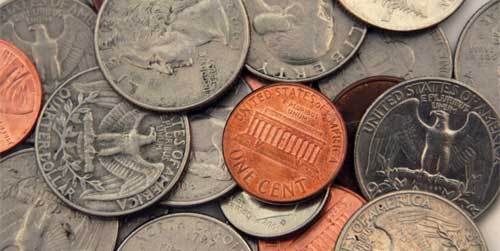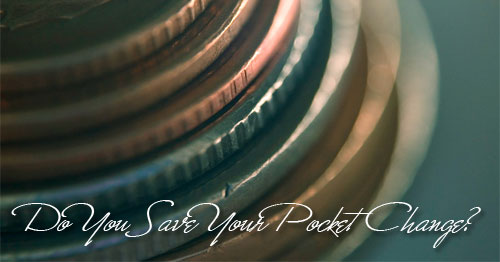We live in a society where it's fairly easy to simple to just head over to the store and buying something when we want it. Indeed, we often pay money for things without stopping to think that there might be a better way to acquire them.
You don't have to buy new all the time in order to get a good value. Here are some alternative ways to get what you need:
Buy Used
There are plenty of goods that you can buy used, and it's not just used cars that work well. Head to the local thrift store, or look in the Classifieds or online for items that you want to buy. You might be surprised at the quality of products you can get used. Check out estate sales and garage sales. Many people also have yard sales as they plan to move. This can be a great opportunity to purchase items in good shape. Before you buy new, consider whether or not it makes sense to buy used, and then make those purchases.
In some cases, you might not even have to buy. Craig's List and Freecycle are both full of items that people are getting rid of for free — and the items might even be in good condition.
Barter and Swap
You can also barter and swap for what you need. Since the recession, many people have started bartering and swapping for the things that they need. If you have some old exercise equipment that you don't want, you might be able to exchange for some yard tools that you are looking for.
It's also possible to exchange a service you can provide for other services, or even items. I have exchanged writing and editing services in the past. They key with bartering and swapping, though, is to make sure that you can come to an agreement in which all parties feel as though they are getting a good value. This can be a great way to save money on purchases, and stretch your dollars further.
Rent Items You Won't Need More than Once
In some cases, it makes sense to rent something that you'll only need to use once, or for a specific project. You might even be able to get out of paying money at all if you can borrow it from a neighbor (just make sure that you let your neighbor borrow things when he or she needs them). Renting something for a single use cost less than buying the item, and it prevents you from having another thing to clutter up your home.
Do You Really Even Need It?
Of course, sometimes it's best to take a step back and figure out whether or not you actually need to buy something at all. For many of us, luxuries and wants have been artificially transmuted into necessities. Don't let your wants turn into needs. Instead, examine your motives. Figure out why you are planning to make the purchase, and decide whether it's really something that you need. Can you do without it? If so, you can really save by not buying it all.

